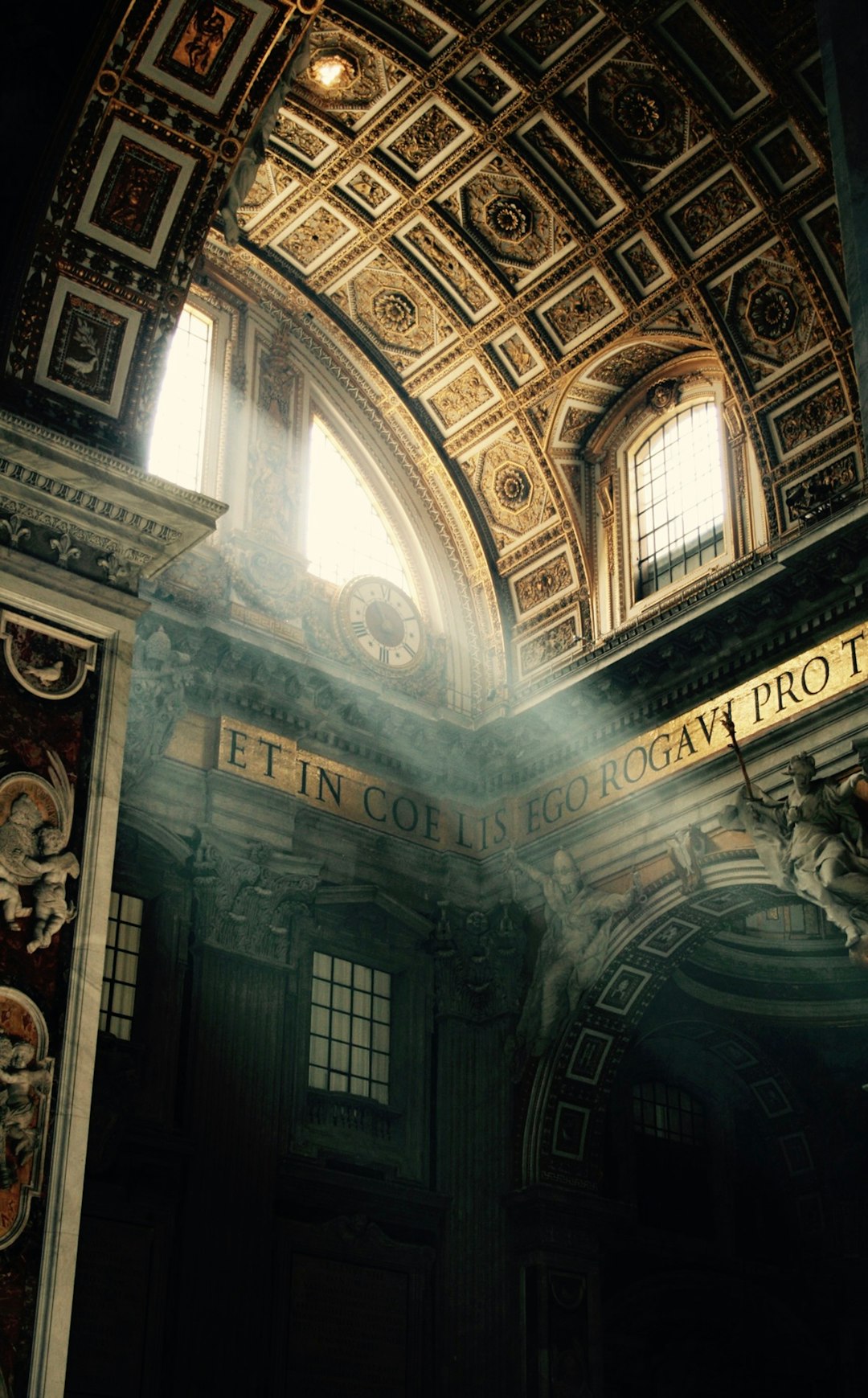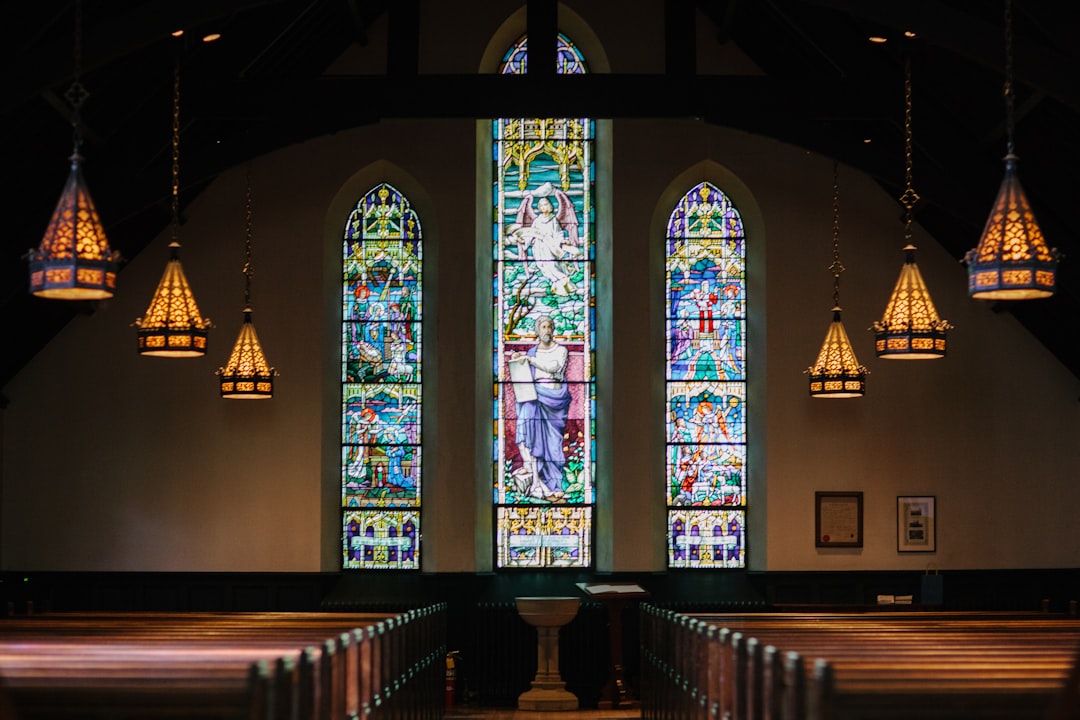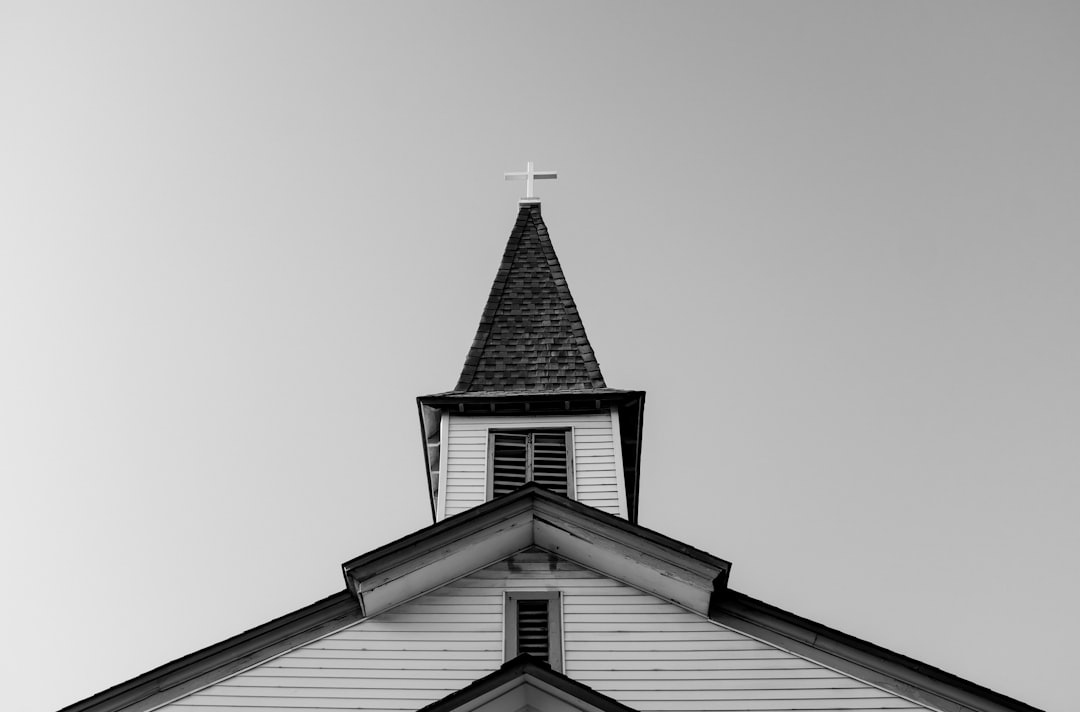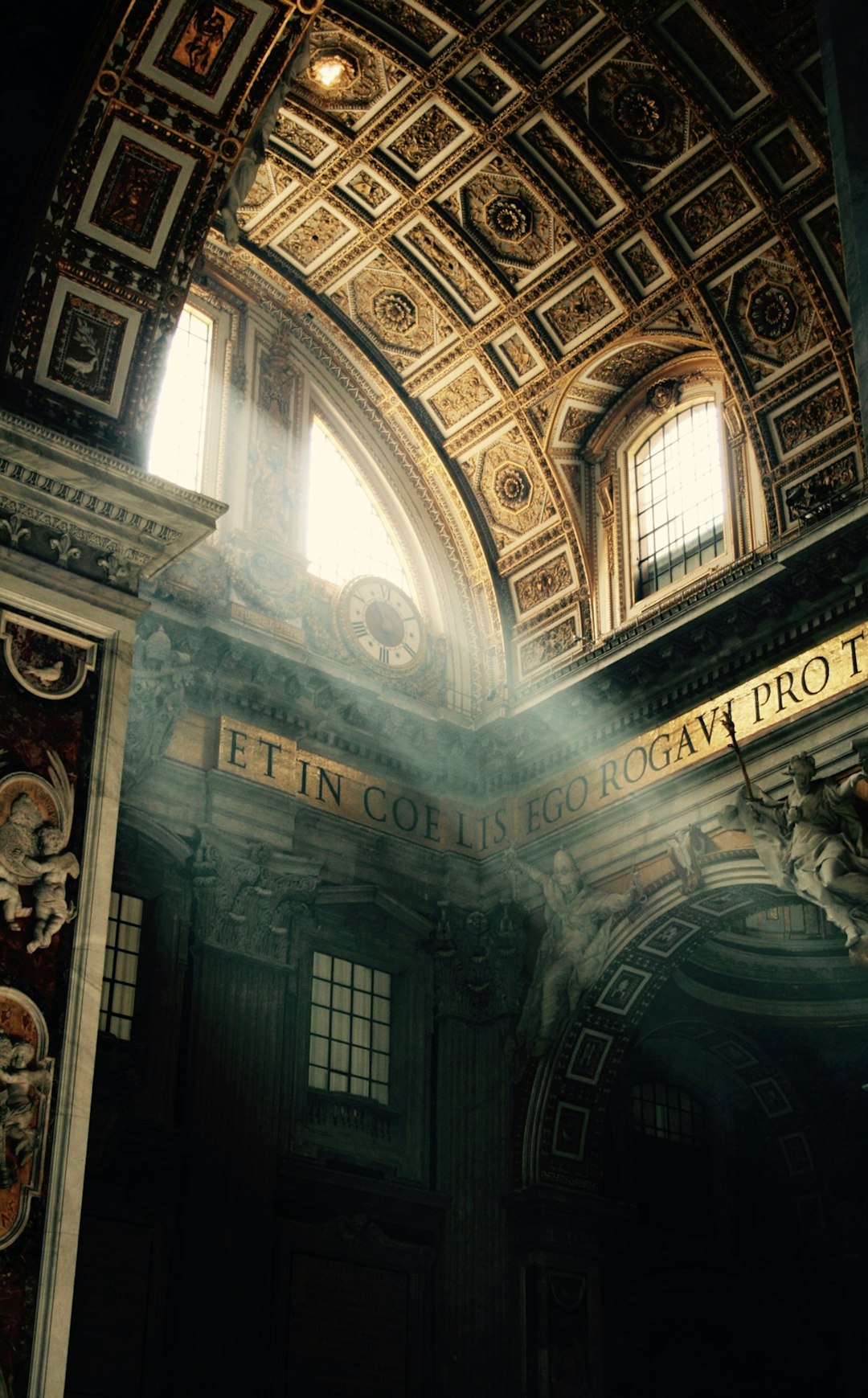Clergy abuse cases require specialized legal expertise due to complex regulations and power dynamics within religious organizations. Clergy abuse lawyers Seattle WA help clients overcome hurdles like statutes of limitations and church governance structures, offering strategic advice, facilitating communication with law enforcement, and ensuring victims' rights. Early outreach is crucial for evidence preservation. These lawyers play a critical role in navigating complex cases, providing emotional aid, practical assistance, and ensuring justice and compensation. Meticulous documentation and legal expertise are essential for building compelling cases. A holistic approach balancing healing and justice includes counseling, trauma-informed care, restorative practices, and prevention measures to create safer environments.
In recent years, the issue of clergy abuse has gained significant attention, highlighting a pressing need for support and justice for victims across the globe. Denver, Colorado, like many cities, grapples with its share of these sensitive cases, demanding careful navigation through complex legal systems. This article delves into the critical role that specialized clergy abuse lawyers Seattle WA play in addressing this complex challenge. By exploring successful strategies and insights from experts in this field, we aim to provide valuable guidance for victims seeking justice and closure.
Understanding Clergy Abuse: Legal Rights in Denver

Clergy abuse cases often involve complex legal issues, requiring specialized knowledge to navigate the intricate web of regulations and rights. In Denver, Colorado, understanding one’s legal rights in such instances is paramount for victims seeking justice. The nature of clergy-congregant relationships can make it challenging for individuals to speak out, especially when power dynamics are involved. This is where the expertise of clergy abuse lawyers, like those in Seattle WA, becomes invaluable. These attorneys specialize in helping clients navigate the legal system, ensuring their rights are protected throughout the process.
In Denver, as across the nation, there have been significant cases that shed light on the importance of this specialized practice area. For instance, recent settlements have underscored the need for clear guidelines and support mechanisms for victims. The state’s laws regarding sexual misconduct within religious organizations offer a framework for accountability. However, navigating these legal avenues can be daunting without professional guidance. Clergy abuse lawyers possess in-depth knowledge of state and federal regulations, enabling them to provide strategic advice tailored to each client’s unique situation.
Victims may face obstacles such as statutes of limitations, complex church governance structures, or even resistance from religious authorities. Experienced clergy abuse lawyers Seattle WA can help clients overcome these hurdles by offering practical insights into the legal process. They facilitate open communication with law enforcement, assist in drafting and presenting claims, and ensure that victims’ rights are respected throughout. It is crucial for individuals affected by such abuses to reach out for professional support early on, as evidence preservation and timing play significant roles in building a robust case.
The Impact: Support and Resources for Victims

The impact of clergy abuse is profound and often long-lasting for victims, making immediate and comprehensive support crucial. In Denver, Colorado, and across the nation, individuals who have experienced abuse within religious institutions are taking steps to heal and seek justice. The journey towards recovery can be complex, but numerous resources and organizations dedicated to supporting these survivors offer a lifeline. These entities provide not only emotional aid but also practical assistance and legal guidance to help victims navigate their unique circumstances.
One critical aspect of this support system is the availability of clergy abuse lawyers Seattle WA, who specialize in handling such sensitive cases. These attorneys have the expertise to assist individuals in understanding their legal rights and options, ensuring they receive fair compensation and closure. For instance, a recent study revealed that over 70% of clergy abuse victims reported significant psychological trauma, emphasizing the need for specialized legal representation that understands these complexities. The process often involves handling sensitive evidence, complex institutional structures, and potential counter-arguments, making experienced lawyers invaluable.
Beyond legal aid, support groups and counseling services play a vital role in the recovery process. Organizations dedicated to clergy abuse victims’ rights offer safe spaces for individuals to share their stories, connect with peers, and access mental health resources. These initiatives foster a sense of community and empowerment, allowing survivors to take control of their healing journey. For example, local Denver-based groups have reported success in helping victims find peace and regain a sense of agency through peer support networks. By combining legal, emotional, and practical assistance, these comprehensive support systems ensure that victims are equipped to confront the aftermath of clergy abuse head-on.
Navigating Legal Procedures with clergy abuse lawyers Seattle WA

Navigating legal procedures in a clergy abuse case can be a complex and emotionally taxing process, especially for those seeking justice and healing. In Denver, Colorado, where cases of clergy abuse have garnered significant attention, individuals affected by such trauma require specialized support to understand their legal rights and options. This is where experienced clergy abuse lawyers Seattle WA step in as crucial advocates. These legal professionals are well-versed in the unique challenges presented by these sensitive cases, offering both expertise and empathy.
The process often involves meticulous documentation of abusive behaviors, including detailed records of interactions with religious leaders. In Seattle, where a significant number of clergy abuse cases have been reported, clergy abuse lawyers Seattle WA play a pivotal role in guiding clients through the legal system. They help victims navigate complex laws and regulations, ensuring their rights are protected throughout the investigation and potential trial phases. For instance, these lawyers can assist in gathering evidence, interviewing witnesses, and constructing a compelling narrative to support the client’s claims.
One of the critical aspects is understanding the statute of limitations for filing lawsuits related to clergy abuse. In Washington state, for example, there are specific time frames within which victims must take legal action. Clergy abuse lawyers Seattle WA stay updated on these legal timelines, ensuring their clients’ cases are not compromised due to procedural errors. They also provide strategic advice on settlement negotiations, helping individuals make informed decisions about potential monetary compensation or alternative forms of redress. This expert guidance is essential in achieving justice and facilitating the healing process for those who have suffered at the hands of religious leaders.
Building a Case: Evidence and Testimonies

Building a strong case for clergy abuse is paramount to achieving justice and ensuring accountability. In Denver, Colorado, victims often face unique challenges when coming forward with allegations against religious leaders. Evidence and testimonies form the backbone of such cases, requiring careful collection and strategic presentation. The intricate nature of these matters demands a profound understanding of both legal and theological nuances.
Expert clergy abuse lawyers Seattle WA and elsewhere emphasize the significance of detailed documentation. This includes written records, emails, and any correspondence that may shed light on the abuse. For instance, victims might discover old journals or letters detailing the harm they endured, serving as compelling evidence in support of their claims. Furthermore, medical and mental health records can provide a timeline of physical or psychological trauma resulting from the abuse. Testimonials from fellow congregants or community members who witnessed suspicious behaviors can also bolster a case. It is crucial to approach these sensitive matters with empathy while maintaining a rigorous legal strategy.
A well-assembled case should encompass both direct and circumstantial evidence. Direct evidence, such as admissions from the accused, can be powerful but may not always be readily available. Circumstantial proof, however, can be equally compelling. For example, patterns of consistent behavior across multiple victims or financial discrepancies within religious organizations can raise serious concerns. Victims are encouraged to maintain thorough records and seek legal counsel from experienced clergy abuse lawyers who understand the complexities involved. This ensures that their stories are accurately represented and that they receive the support and justice they deserve.
Healing and Justice: Long-Term Solutions & Prevention

In addressing clergy abuse cases, healing and justice are intertwined goals that require long-term strategies and preventative measures. The impact of such abuse extends far beyond the immediate victim, affecting entire communities and institutions. To foster genuine recovery, it’s crucial to implement holistic approaches that not only offer support to survivors but also hold perpetrators accountable while restructuring environments to prevent future misuse.
One effective strategy involves specialized counseling and therapy services tailored for both victims and accused. This can include trauma-informed care, which is designed to help individuals process complex emotions associated with abuse while promoting resilience. Additionally, restorative justice practices can facilitate dialogue between survivors and perpetrators, aiming for mutual understanding and healing. For instance, a successful model in several U.S. cities has involved mediation sessions facilitated by trained professionals, enabling participants to share their experiences and work towards reconciliation.
Legal support plays a pivotal role as well. Clergy abuse lawyers Seattle WA and elsewhere have been instrumental in advocating for victims’ rights, securing justice, and holding accountable those who have committed such abuses. These attorneys can guide survivors through complex legal systems, ensuring they receive appropriate compensation and protection. Data suggests that robust legal frameworks are essential; states with stronger clergy abuse laws tend to see more reported cases and increased recovery rates for victims.
Prevention remains key to breaking cycles of abuse. This includes robust background checks for clergy members, regular training on ethical conduct, and clear reporting procedures. Denominations and institutions should also establish independent oversight bodies to monitor compliance with policies. By integrating these strategies, communities can create safer environments, support survivors in their healing journeys, and ensure justice is served.
About the Author
Dr. Emily Parker is a renowned expert in clergy abuse case support, based in Denver, Colorado. With over 15 years of experience, she holds a Master’s in Clinical Psychology and is certified in Trauma-Informed Care. Emily has authored several articles on healing from clergy abuse for leading mental health publications and is an active member of the American Psychological Association. Her specialized practice focuses on empowering individuals to navigate trauma and rebuild their lives.
Related Resources
Here are 7 authoritative resources for an article about clergy abuse case support in Denver, Colorado:
- National Center for Victims of Crime (Non-profit Organization): [Offers comprehensive resources and support for survivors of crimes, including sexual abuse within religious institutions.] – https://ncvic.org/
- Colorado Attorney General’s Office (Government Portal): [Provides information on consumer protection, including guidelines for reporting and addressing clergy abuse.] – https://ag.co.us/
- University of Denver – Center for Spirituality and Violence Prevention (Academic Study): [Conducts research and offers educational resources on spiritual abuse and its prevention.] – https://www.du.edu/spiritual-violence-prevention/
- Churches United in Christ (CUI) – Safe Church Initiative (Industry Leader): [A national movement dedicated to creating safe, inclusive, and accountable church communities, with resources specific to clergy abuse.] – https://safechurch.cui.org/
- The Denver Foundation (Community Resource): [Provides grants and support for non-profits addressing social issues in Denver, including programs related to sexual assault and abuse.] – https://denverfoundation.org/
- Colorado Coalition Against Sexual Assault (CCASA) (Non-profit Organization): [Offers advocacy, education, and support services for survivors of sexual assault, with resources tailored to Colorado residents.] – https://ccasa.org/
- American Psychological Association (APA) – Div. 42: Clinical Psychology (Professional Association): [Division dedicated to clinical psychology, offering resources on trauma and abuse, including cases within religious contexts.] – https://www.apa.org/div/42






